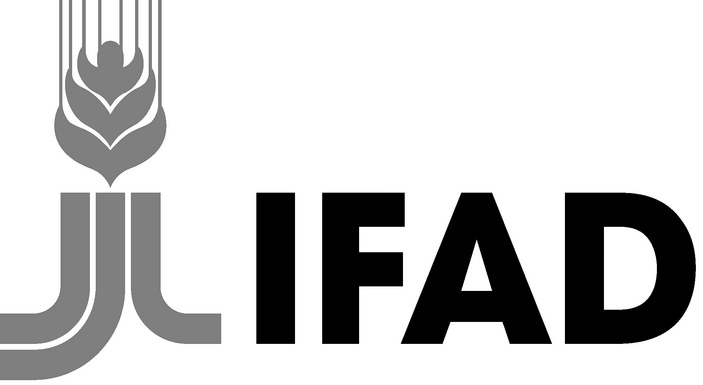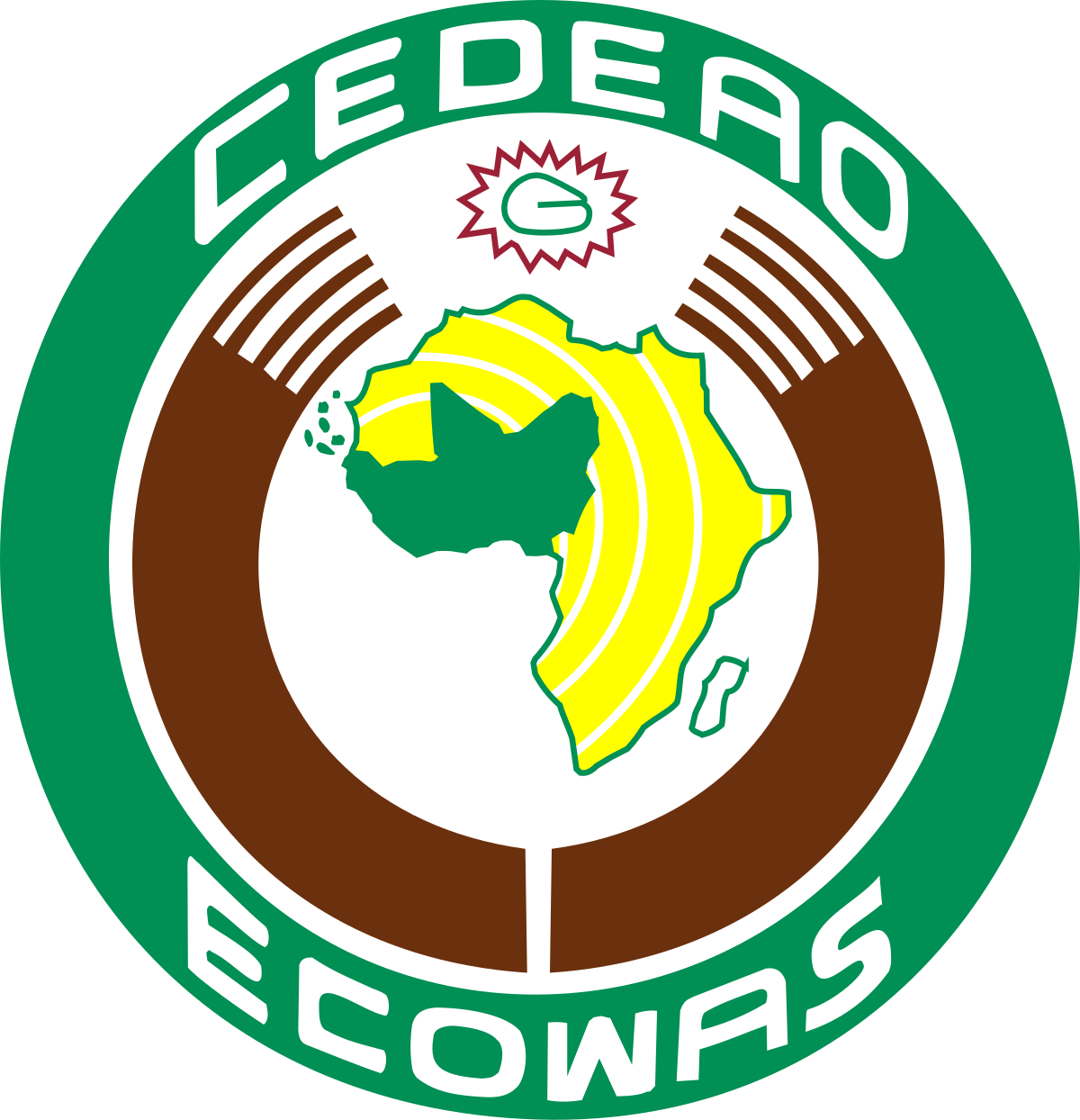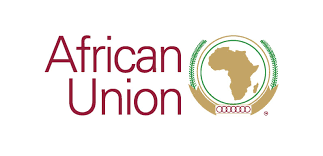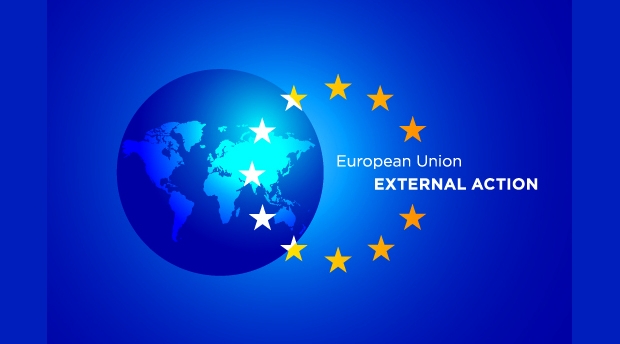IFAD and BF S.p.A., Italy’s leading agri-industrial group, join forces to promote sustainable and inclusive agriculture in Africa

The International Fund for Agricultural Development (IFAD) and BF S.p.A., Italy’s largest listed agri-industrial group, have signed a Letter of Intent to explore opportunities for collaboration aimed at supporting sustainable agricultural development in developing countries, with a particular focus on Africa.
Germany commits 49 million euros (82 billion naira) to support ECOWAS in strengthening peace, economic development, health and security in west Africa

Germany and the Economic Community of West African States (ECOWAS) have reaffirmed their long-standing partnership with renewed commitment to deepen their cooperation in promoting peace, security, good governance, sustainable economic development, and institutional strengthening. To this end, the German Government is committing 49 million Euros (82 billion Naira) to support ECOWAS in strengthening peace and security, Economic Development and Health across West Africa. This is the outcome of a successful bilateral negotiation on Development Cooperation held at the ECOWAS Commission Headquarters in Abuja, Nigeria on the 4th and 5th of November 2025.
ECOWAS commission drives regional action to transform the animal feed industry in west Africa and the Sahel

The Economic Community of West African States (ECOWAS) Commission, through its Regional Agency for Agriculture and Food (ARAA), in collaboration with the Federal Ministry of Livestock Development of Nigeria, has launched a High-Level Regional Workshop on the Development of the Animal Feed Industry in West Africa and the Sahel. The two-day event, held from 11 to 12 November 2025 at the Sandralia Hotel in Abuja, aims to deepen discussions on aflatoxin management and engage the private sector in identifying the key levers needed to build an integrated and economically viable regional livestock feed industry.
African Development Bank and Angola launch $125 million drive to boost youth entrepreneurship

The African Development Bank Group, in partnership with the Government of Angola and the European Union, has launched a $125 million Youth Employment Project (Crescer Project) to spur entrepreneurship and job creation among young Angolans.
Central African Republic and African Development Bank launch second phase of the Support Programme for Reconstruction of Grassroots Communities

The Central African Republic (CAR) and the African Development Bank Group launched the second phase of the Support Programme for Reconstruction of Grassroots Communities (PARCB-2), a flagship project aimed at strengthening social cohesion, reviving economic activity, and improving the living conditions of people who have been affected by the country’s political and military crisis.
UK and African business leaders arrive in Togo to create trade and investment deals

Business leaders representing 200 million people across ten rapidly growing African economies are gathering in Lomé, Togo this week for a trade summit with the UK. Over 560 delegates from 442 companies are expected to attend.
The West and Central Africa Forum (WCAF) IV, taking place on 12-13 November 2025, marks the first time the event has been held outside London since its launch in 2022, signalling the UK’s deepening commitment to African partnerships.
The two-day forum will see high-level bilateral meetings and panel discussions focused on infrastructure development, renewable energy, green growth and digital transformation sectors critical to both African development and UK export opportunities.
African Union and European Union Leaders to convene in Angola for the AU-EU Summit

The 7th AU–EU Summit will be held on 24–25 November 2025 in Luanda, Republic of Angola, bringing together Heads of State and Government from African Union Member States and European Union Member States to reaffirm their long-standing partnership and chart a renewed path of cooperation.
European Union and Ethiopia Sign Essential Financing Agreement for Annual Action Plan - 2025

(Addis Ababa, 28 October 2025). Marking another important step in the 50 years of partnership, the European Union and Ethiopia have signed Financing Agreement for the European Union 2025 Annual Action Plan.
Sierra Leone’s agrifood opportunities attract strong international and regional interest

28 October 2025 | Freetown, Sierra Leone: The Ministry of Agriculture and Food Security brought together around 25 international and regional investors along with more than 40 domestic agrifood companies for the Sierra Leone Agrifood Investor Summit held in Freetown on 28 October 2025.
Europe is committed to a shared future with SA

South Africa and the EU are reliable and predictable partners committed to forging a new era of co-operation in the pursuit of peace, development and prosperity — one that further advances our already well-established economic ties. In a world increasingly beset by geopolitical and geoeconomic challenges, such relationships are key for South Africa and Europe’s mutual security, economic development and for the prosperity of our peoples.




